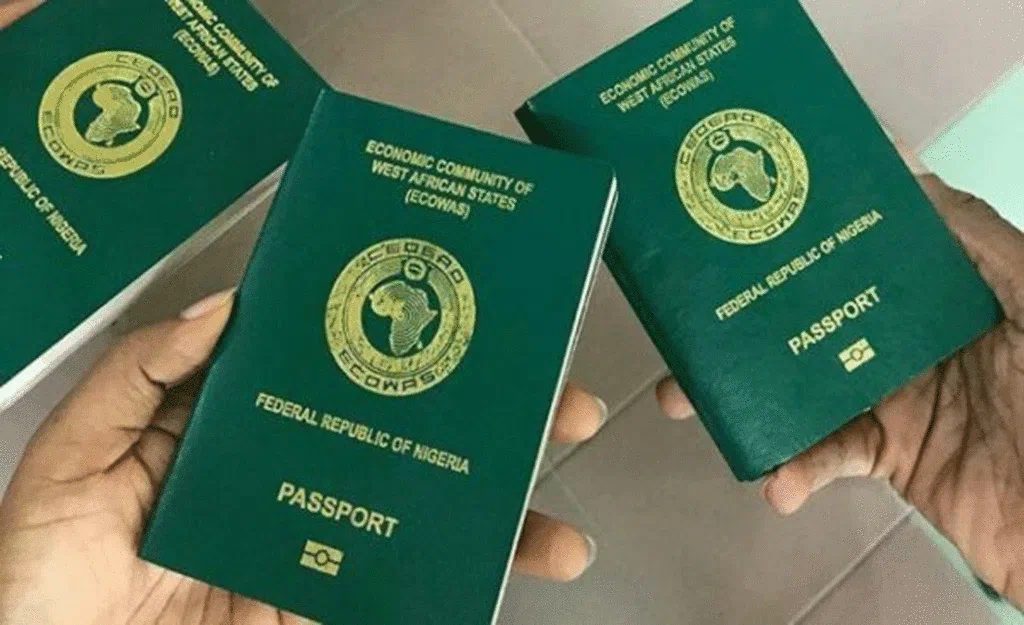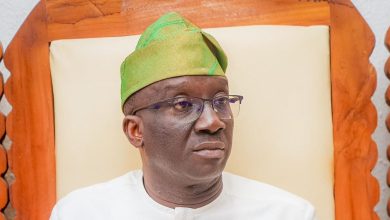Nigerian Passport Fees Raised as Immigration Service Announces New Charges
The Nigeria Immigration Service has announced a new price regime for international passports starting September 1, 2025.
Officials said the review was introduced to cover production costs, enhance security, and improve services.
The Nigeria Immigration Service (NIS) has announced a new price regime for international passports, raising the cost substantially for applicants across the country.
According to the Service, beginning September 1, 2025, the fee for a standard 32-page passport with five-year validity will move from ₦26,000 to ₦100,000. In addition, a 64-page passport valid for ten years will now cost ₦200,000.

The adjustment represents one of the steepest increments in recent years. Officials said the review was part of ongoing efforts to meet the rising costs of passport production, security features, and operational logistics. They also noted that the new charges are aligned with international standards, where enhanced biometric and security upgrades have pushed up passport issuance costs.
The decision has already drawn mixed reactions. While some Nigerians acknowledge the need for modernization of travel documents, others fear the new rates may place additional pressure on households at a time when the cost of living is already high. Civil society groups have argued that the government should consider introducing subsidies for students, low-income earners, and those traveling for medical reasons.
Analysts point out that Nigeria has been struggling with shortages and delays in passport issuance for years, partly due to supply chain issues and allegations of racketeering within passport offices. The NIS, however, insists that reforms are underway to streamline applications, reduce waiting times, and make the process more transparent.
In addition to the fee increase, the Service emphasized that applicants must continue to follow proper online procedures for enrollment and avoid unofficial channels. Authorities say tougher monitoring and stricter enforcement will accompany the new policy to curb corruption and ensure applicants receive passports within the approved timeframe.



